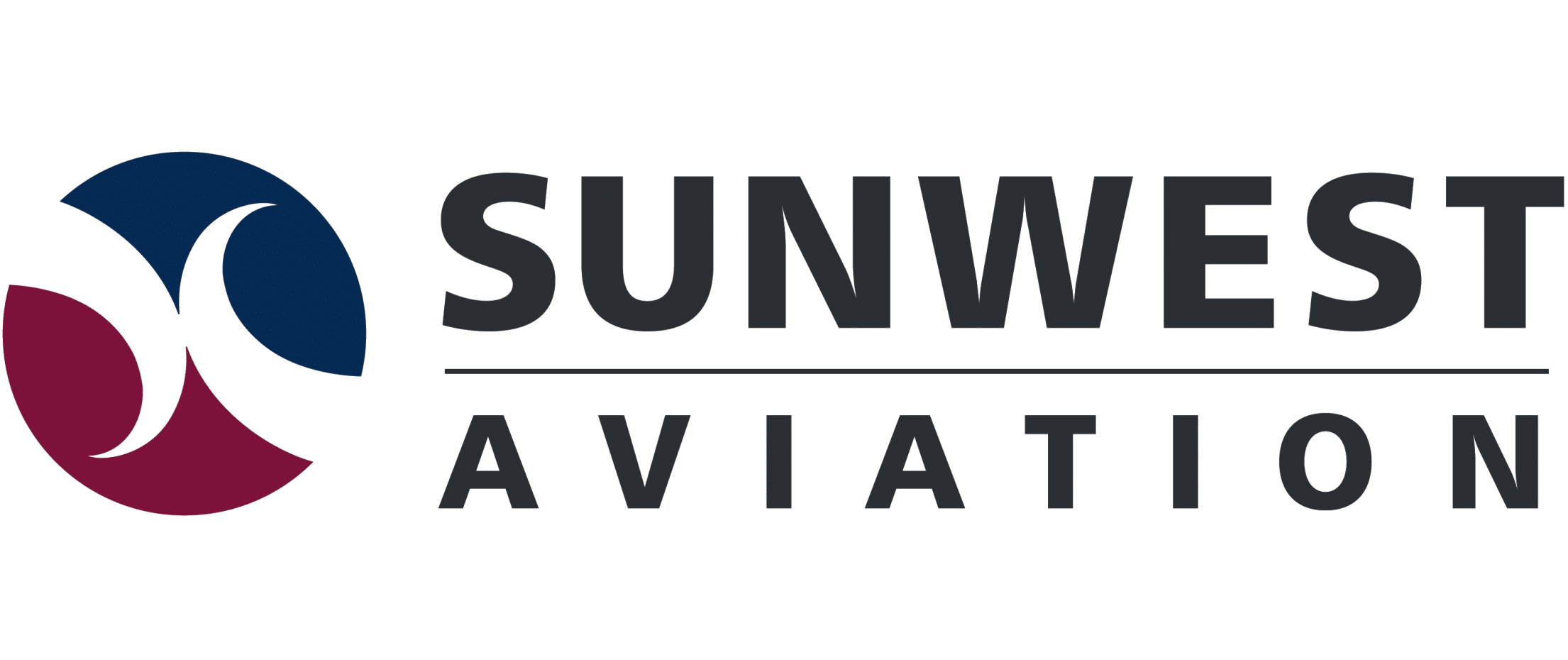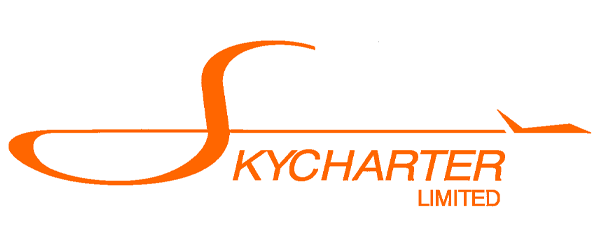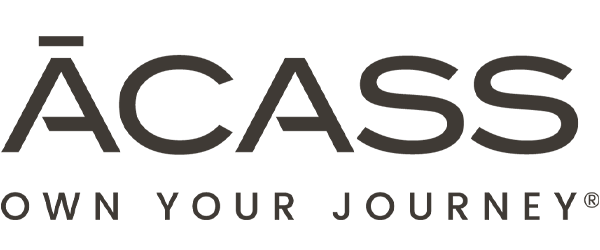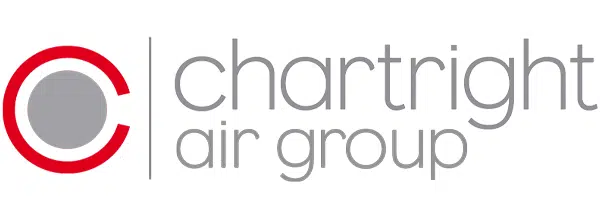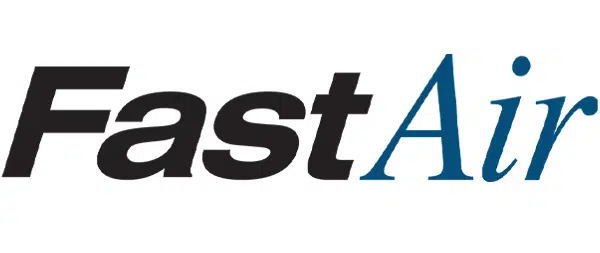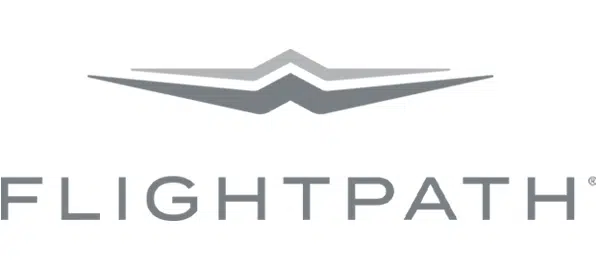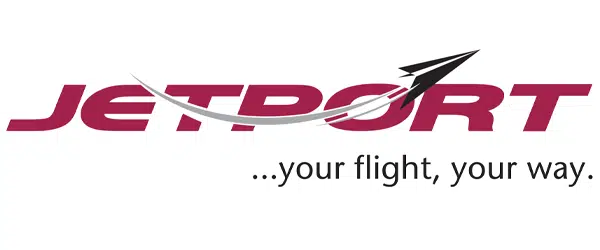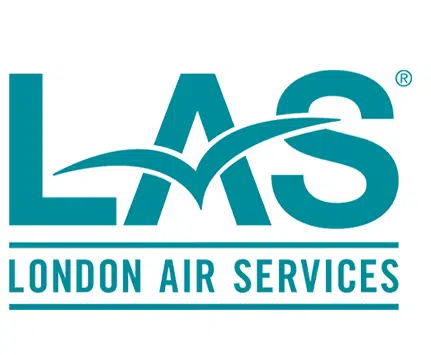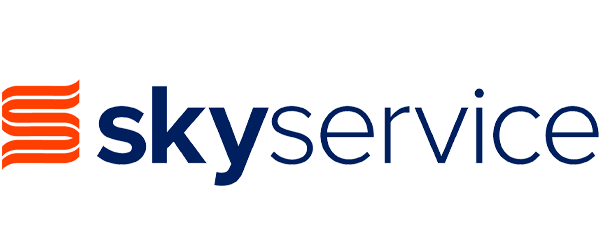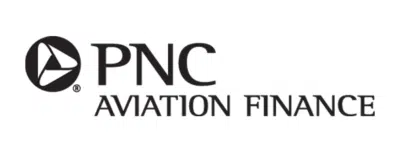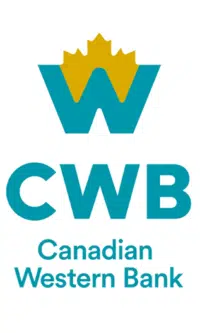Air Passenger Protection Regulations
Dear Sirs:
Air Passenger Protection Regulations, YYZlaw is a successor law firm to a practise that in the early 1950’s commenced a focus on the aviation community in Canada. I am the third principal of that practise and I have been providing aviation regulatory oversight for over 40 years.
YYZlaw continues that aviation and travel industry focus, with a prime focus of the firm for several decades being the introduction of new international carriers to Canada. There have also been extensive involvements with the business aircraft industry with myself serving for over a decade on the Board of the Canadian Business Aircraft Association (“CBAA”) and continuing on several committees at the National Business Aviation Association (“NBAA”) in the U.S. An associate in the firm, Ehsan Monfared, is presently on the Board of the CBAA and is the in-coming Chair of the Canadian Bar Association, Air & Space Law Section.
YYZlaw is the only Canadian law firm and devoted to the aviation and travel industries. With that background, we have concerns regarding the current review of air passenger protection regulations that are unlikely to be addressed by other stakeholders, as our prime concerns are in regards to not the extent of the possible regulations, but the application of the regulations.
YYZlaw has concerns that from all appearances, the CTA is proceeding on a “one size fits all” basis, in a situation where the proposed regulations can only be complied with by an extremely small percentage of Canadian licensed air carriers. Indeed, out of the over 800 licensees of the CTA, these proposals should be restricted to the less than a dozen licensed domestic air carriers utilizing large aircraft on scheduled operations.
Air Passenger Protection Regulations
We appreciate that the CTA’s position is that these will also be imposed on the foreign scheduled carriers operating into and out of Canada, in regard to their Canadian originating passengers.
We have assisted both the CBAA and the NBAA in their submissions, as they pertain to the business aviation community. Obviously, we concur in those submissions and rely upon those submissions as your proposals affect that segment of the aviation community.
However, we have significant concerns regarding any proposal that these air passenger protection regulations be imposed on a significant number of the smaller commercial air services in Canada. Compliance on any consumer passenger protect regulations in the areas designated to the CTA for review, would be difficult, if not impossible, for the vast majority of these smaller air carriers to implement.
We propose that all business to business (B2B) contracts by any commercial air services should be exempt under these proposed regulations. While the former concepts of various charter categories have been eliminated in the domestic regulatory structure, we would suggest that the previous category of entity charters be utilized by the CTA in removing those type of operations from any compliance requirements of your proposed regulations. Entity charters still exist in the international regulatory structure, and that definition can be utilized by the CTA for this requested clarification on both domestic and international charters.
We would also submit that the CTA is proceeding to implement regulations within the industry on the basis that every scheduled air carrier, is operating what is referred to in the industry as a “legacy” carrier. The CTA must appreciate the vastly different commercial models now being presented to the Canadian consumer such as the ULCC. You will see models have significant operational and financial structure differences from the legacy air carrier model, which must be taken into consideration by the CTA in imposing additional operating requirements on the industry. Not all carriers can absorb additional costs associated with additional regulatory burdens, which may result in the ULCC model again disappearing from Canada, to the detriment of Canadian consumers, as well as competition in the air carrier market.
In addition, with new technology, significant new business proposals are arising daily in the aviation business, especially in the business aircraft segment of the industry. Technology to market ferry legs of business aircraft, as well as technology to market seats on business aircraft in order to allow consumers reasonably priced access to the advantages of business aviation are arising constantly. The members of the public who take advantage of these offerings are significantly more sophisticated than the average traveller, spending thousands of dollars for the convenience and peace of mind of short or long-haul business jet flights.
And in regard to the review being conducted by the CTA with a focus on the legacy air carriers, we would submit that before any passenger rights regulations are introduced to “protect” legacy air carrier passengers, the CTA should assess the number of lost bags, damaged musical instruments, instances of denied boarding and tarmac delays. Certainly, none of these issues arise in regard to the operation of business jets, or with the vast majority of Canadian commercial air services. We would submit that the CTA is taking the proverbial sledgehammer approach to kill a fly in these instances.
The CTA by focusing on the legacy air carrier industry in this review, needs to clarify compliance requirements that will be imposed on hundreds of Canadian air services, that simply stated cannot be met by those air services as they are impractical and unnecessary to protect consumers.
Yours very truly,
William F. Clark
- New Liability Limits MC99
- Special Aviation Exemptions Issued to Ensure Critical Holiday Operations
- Simplifying Airspace Operations: Understanding AC 700-039 Issue 03 and RVSM Requirements








